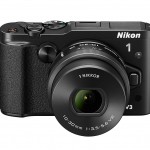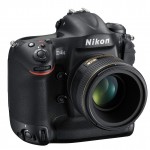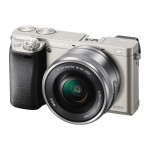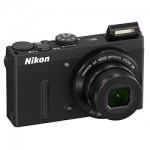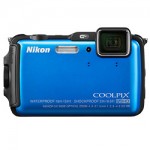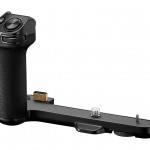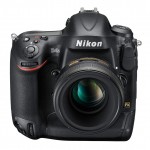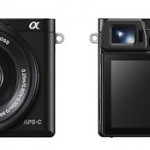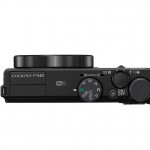I've been thinking about getting a/some nd filters for those times when I just may need one, but with my understanding that the goal is to be able to maintain wider apertures and longer shutter speeds, how much difference would it make to use a filter rather then take the overexposure and correct it later?



 LinkBack URL
LinkBack URL About LinkBacks
About LinkBacks
 Reply With Quote
Reply With Quote The article was saying that camera makers still do treat digital like film when it comes to exposure. The better way would be to 'expose to the right' automatically (assuming you have the room at the right with the best ISO) and forget how it looks on the LCD (or compensate with the LCD jpg just for viewing).
The article was saying that camera makers still do treat digital like film when it comes to exposure. The better way would be to 'expose to the right' automatically (assuming you have the room at the right with the best ISO) and forget how it looks on the LCD (or compensate with the LCD jpg just for viewing).


